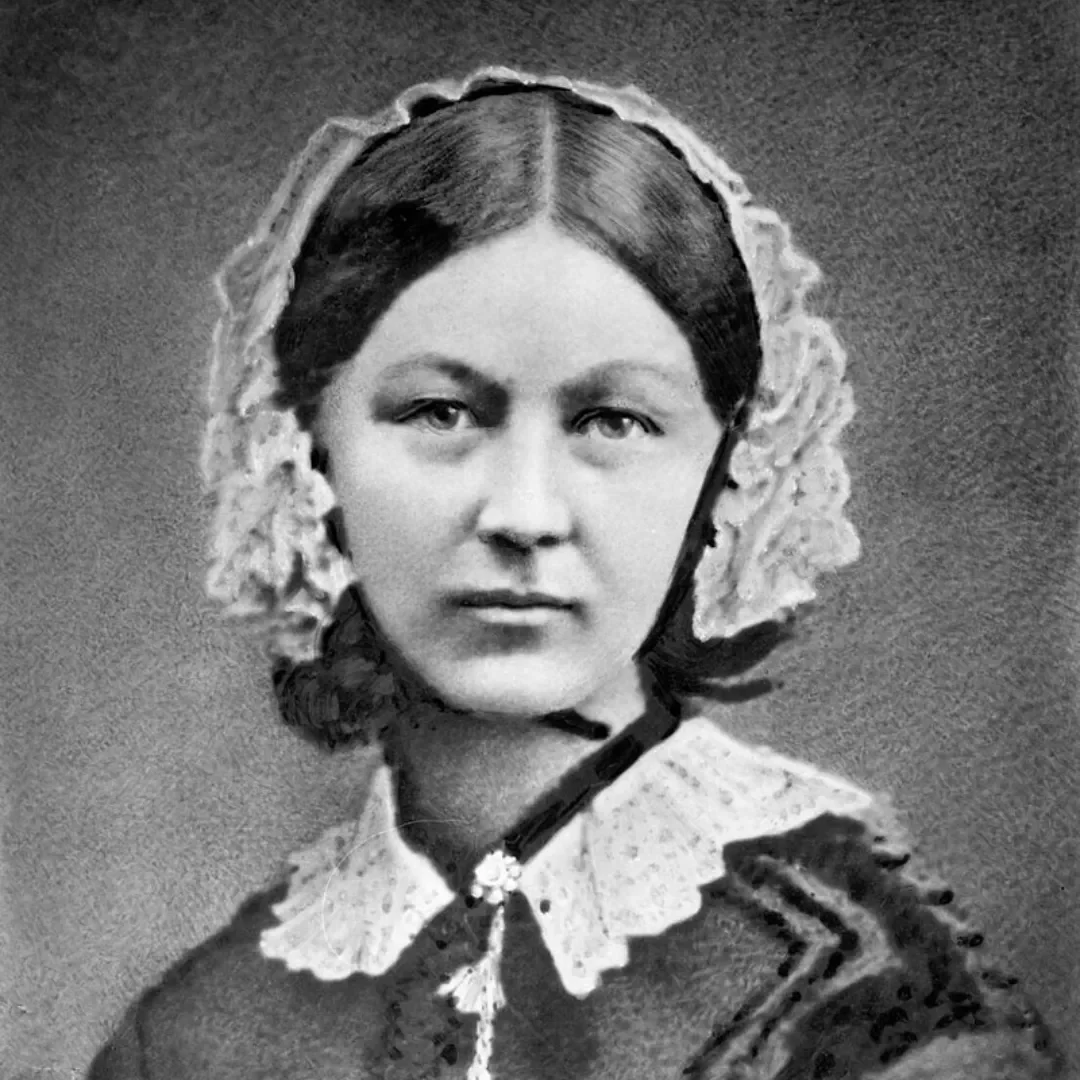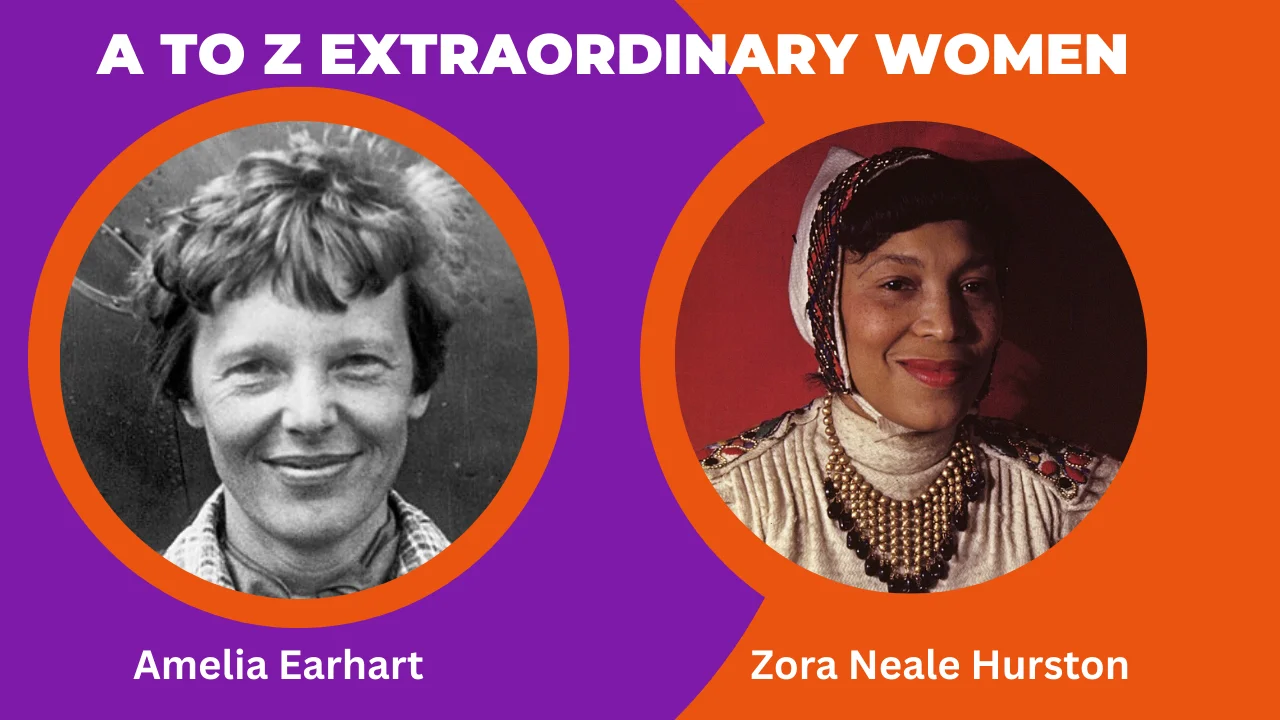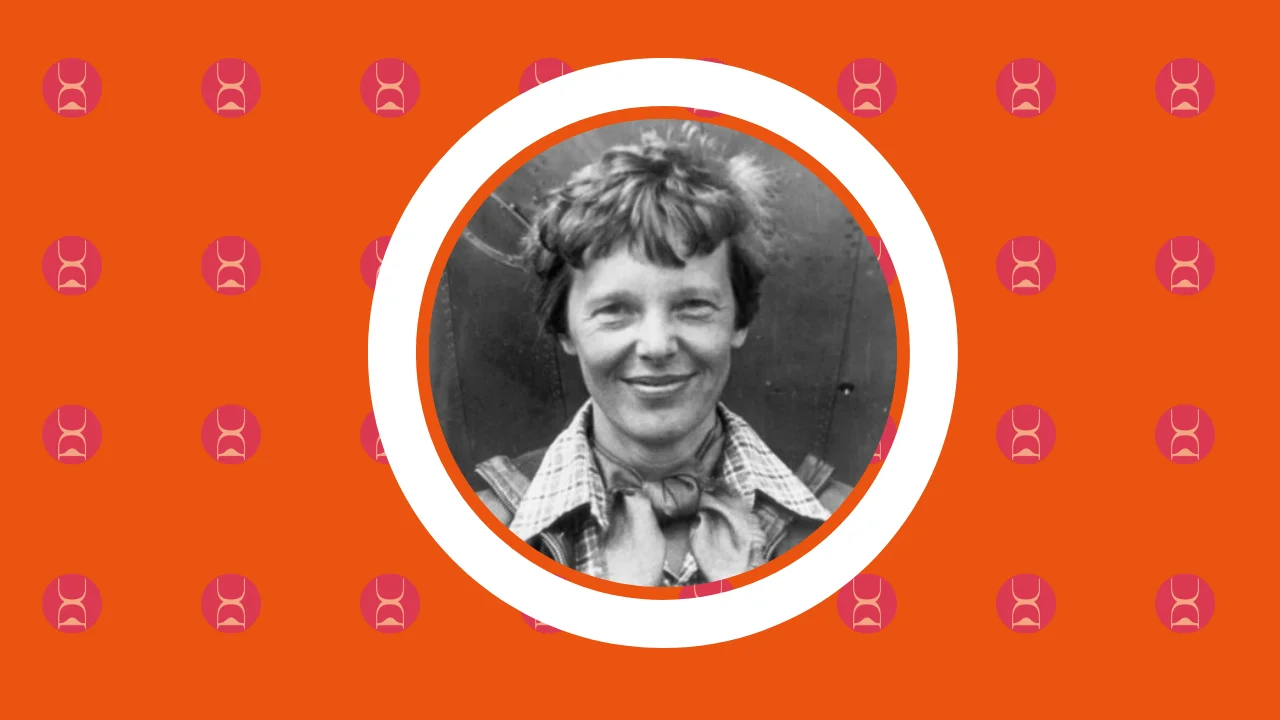The Lady with the Lamp: How Florence Nightingale Revolutionized Nursing
01 Mar 2025

Modern nursing is incomplete without Florence Nightingale. Florence Nightingale was popularly known to be the first professional nurse in the world. Nightingale pioneered the invention of contemporary nursing and social care.
Florence Nightingale was an English social reformer, statistician and the founder of modern nursing. Nightingale made a significant impact with her work as a social caregiver during the Crimean War.
Identified with the nickname lady with the lamp Nightingale contributed immensely to nursing and healthy living through good sanitation practices.
Florence Nightingale was born on 12 May 1820 into a wealthy and well-connected British family at the Villa Colombaia in Florence, Tuscany, Italy. Nightingale’s parents named her after the city of her birth.

Nightingale grew up being educated by her father, Williams Edward Nightingale, who had advanced ideas about women’s education. Under his influence, Nightingale and her older sister studied history, mathematics, Italian, classic literature and philosophy.
Nightingale was also an intelligent and academic child. She displayed extraordinary ability for collecting and analyzing data.
While Nightingale was growing up, it was expected for young women like her to get married and raise a family, but Nightingale did not agree to that and was determined to be more than a wife and mother.
Nightingale believes she had a call from God, which prompted her to devote her life to serving others.
Florence Nightingale family Pictorial Representation
For Nightingale, one of the ways she could serve humanity was through nursing. Still, unfortunately, her family was against her pursuing a career in nursing after she refused to become a wife and mother at an early age.
Lesson: Challenging Social Norms
As a young lady, Nightingale faced challenges with the social norms that expected young women of her age to focus solely on getting married and raising a family. However, she rejected the idea and worked hard to educate and support herself. Nightingale successfully became a nurse despite the challenges.
Without her family’s support, Nightingale worked hard to educate herself in the art and science of nursing in the face of opposition from her family and the restrictive social code for affluent young English women.
Nightingale significantly impacted her career path during the Crimean War as a nurse. Nightingale contributed passionately to the treatment of wounded soldiers during the war.
During the Crimean War, Nightingale led a group of 38 nurses to care for the British wounded soldiers in 1854. On their arrival at the military hospital in Scutari, Turkey, Nightingale and her team were shocked by the terrible conditions they found the soldiers in without any access to medicine, poor hygiene and mass infections.

At the sight of all these, Nightingale and her team immediately started cleaning the rooms. In addition to cleaning the rooms, Nightingale instructed the other nurses to wash their hands often.
The initiative of cleaning the rooms and washing hands contributed to improving the health conditions of the soldiers and society.
Lesson: Service to humanity
Nightingale has always believed that she had a calling from God to serve humanity. Nightingale’s way of achieving that calling was through nursing. As a nurse, Nightingale committed her profession to ensuring improved health conditions for the soldiers during the Crimean War. She also extended his service to the society as well.
Nightingale’s nickname (lady with the lamp) came from Nightingale going to see her patients in the darkest hours of the night carrying a lamp.
“She is a “ministering angel” without any exaggeration in these hospitals, and as her slender form glides quietly along each corridor, every poor fellow’s face softens with gratitude at the sight of her. When all the medical officers have retired for the night and silence and darkness have settled down upon those miles of prostate sickness, she may be observed alone, with a little lamp in her hand, making her solitary rounds.” –
William Russell, Cited in Cook, E. T. (1913). The Life of Florence Nightingale. Vol. 1, p. 237.
After the Crimean War ended in 1856, Nightingale returned to England and continued her nursing and public health duties.
Nightingale also established the Nightingale Training School for Nurses at St Thomas’ Hospital in London (one of the most reputable nursing schools in the world) using the fund set up for her for the work she did during the Crimean War.
Aside from establishing the nursing school, she continued to advocate for reforms in health care. Nightingale also introduced quality sanitation practices and the need to improve training for nurses.
Nightingale remained active in the nursing profession into her later years. Although Nightingale faced health challenges in her old age, she did not retire from her nursing profession. Nightingale also wrote extensively on nursing and public health topics as part of her career journey.
Ultimately, Nightingale continued to campaign & advocate for medical reforms. She ensured these reforms brought in changes to improve the health of the British army.

Lesson: Commitment
Nightingale was committed to her nursing profession. She was actively involved in the advocacy and campaign for reforms in health care. These activities directly helped to improve the health conditions of others.
In honor of her work and legacy, the world celebrates Nightingale’s birthday as International May 12th Awareness Day.
Florence Nightingale remained single all her life and never got married. Nightingale died peacefully in her sleep on August 13, 1910, in London.
Even after her death, Nightingale is remembered and acknowledged for her numerous contributions to this present day.
To know more about Florence Nightingale, you should read this biography – The Life of Florence Nightingale by Sarah A. Tooley.
Reference
1. Florence Nightingale – Wikipedia
2. Florence Nightingale’s story and legacy | British Red Cross
3. Florence Nightingale – Biography, Facts & Nursing | HISTORY




